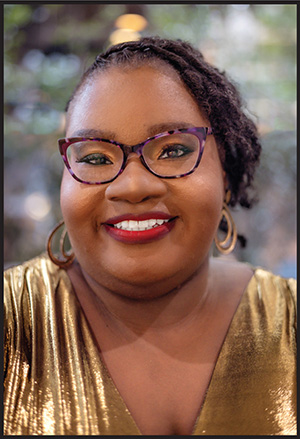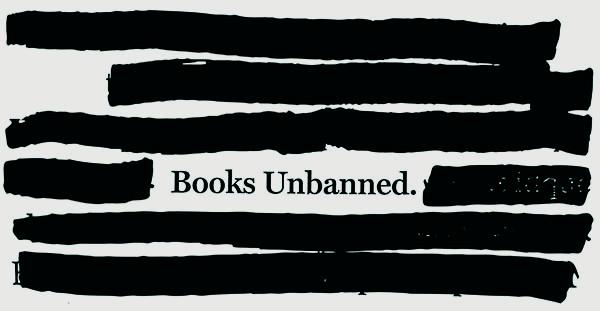Industry News
The American Library Association and the Sustainable Libraries Initiative have announced the new National Climate Action Strategy for Libraries and created an implementation guide to help libraries incorporate climate action locally into strategic and facility plans.
Library Journal is proud to announce a new partnership with the “Libraries Lead” podcast. Hosted by Mike Eisenberg (Professor and Dean Emeritus, U. of Washington iSchool), David Lankes (Virginia & Charles Bowden Professor of Librarianship, University of Texas at Austin), and Beth Patin (Assistant Professor, Syracuse University's School of Information Studies), the show explores the various social, cultural, and technological issues shaping (and being shaped by) libraries and librarians. New episodes drop monthly, and past episodes are now available at librarieslead.libraryjournal.com.
Nicollette Davis, assistant librarian for kinesiology, social work, and health sciences at the Louisiana State University library system, was named a 2024 Library Journal Mover & Shaker for her work advocating for BIPOC people, both in the library system and in the community. We recently spoke with Davis to learn more about her projects.
Between September 22 and 28, the nation’s library community once again “celebrates” Banned Books Week, an annual event established in 1982 by the American Library Association (ALA) to profile acts of censorship and book banning in schools and libraries across the nation. Beginning with a “Library Bill of Rights” that ALA adopted in 1939, library leaders worked hard during the 20th century to hone a national image as defenders of intellectual freedom, opponents of censorship, and proponents of the freedom to read. But between 1939 and 1982 that image evolved to become an information silo of librarianship’s own making, one that was silent on or indifferent to issues of race and libraries.
During Banned Books Week, this year September 22–28, LJ has seen a wide range of libraries celebrating the right to read in their communities: public, K–12, and academic; urban and rural; large and small—and, now, little. Little Free Libraries, the birdhouse-sized book exchange structures scattered across neighborhoods around the world, have joined forces with the American Library Association (ALA) and PEN America to encourage the distribution of banned books in the areas they’re needed most.
For the past four years, EveryLibrary has been working to fight the book-banning movement. A large part of that fight is developing effective messaging against book bans, as well as conducting extensive message testing, surveys, and focus groups to understand the impact of messaging and determine which messages perform best.
Two and a half years after launch, Books Unbanned has continued to grow as a vital resource for people in schools and communities where book challenges otherwise put content out of reach.
On August 13, a New College of Florida student posted images to social media showing a dumpster full of books situated outside the campus library. As the story and images went viral, New College issued a statement that the library’s weeding project was separate from the removal of items from the GDC, and that the center was being “repurposed.”
ALA has recently issued a revised document, Standards for Library Services for the Incarcerated or Detained. It will help support libraries and library staff to meet the literacy, learning, and recreational needs of people held in jails, prisons, detention facilities, juvenile facilities, immigration facilities, prison work camps, and segregated units within any facility, whether public or private, military or civilian, in the United States and its territories.
ALREADY A SUBSCRIBER? LOG IN
We are currently offering this content for free. Sign up now to activate your personal profile, where you can save articles for future viewing









